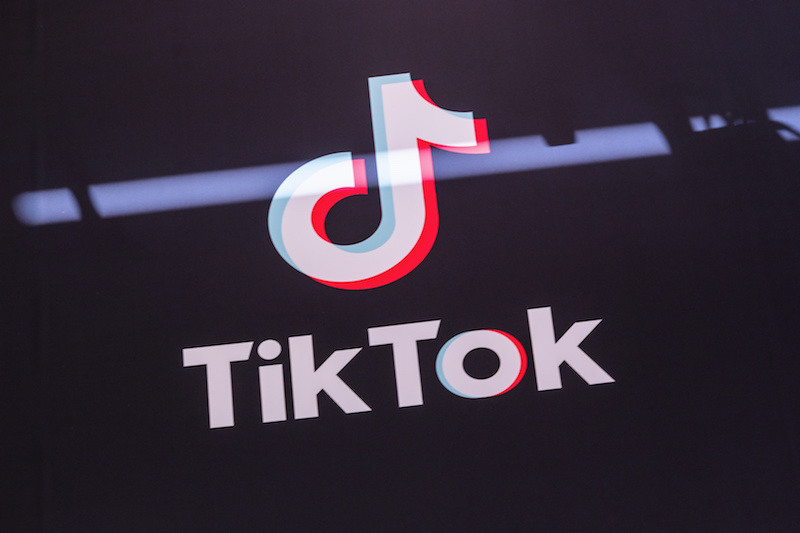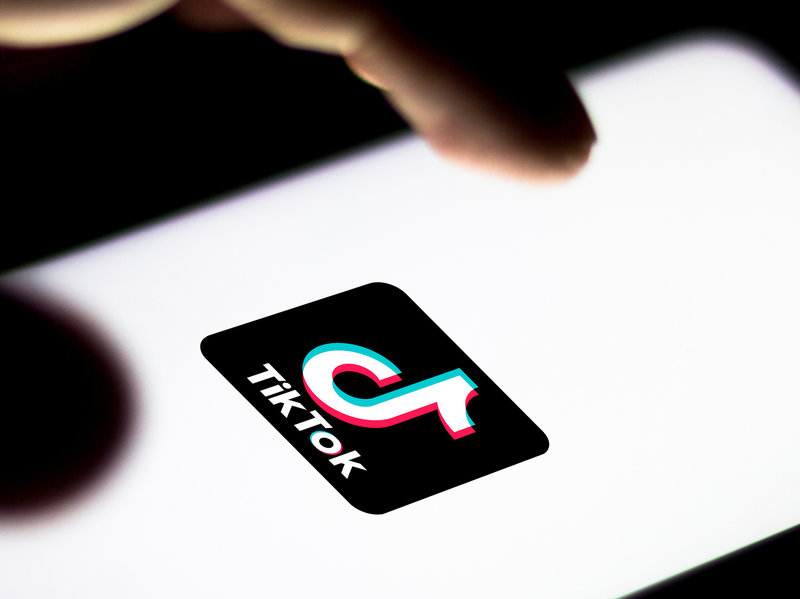Security News

TikTok announced this week that it has launched a public bug bounty program in collaboration with HackerOne. It's not uncommon for security researchers to find vulnerabilities in the TikTok app.

TikTok has expanded its vulnerability disclosure policy to include a global bug-bounty program through a partnership with the ethical hacker platform HackerOne. Hackers who find critical vulnerabilities in TikTok's platform can receive between $6,900 to $14,800 according to the program, which marks the first time TikTok has invited the public security community to analyze its platform for vulnerabilities.

With a ban of the app set to take place just before midnight on Sunday, a judge in the US District Court for Washington, D.C., earlier in the day found in favor of an injunction filed by TikTok owner ByteDance challenging an executive order from Donald Trump. Signed by Trump on Aug. 6, 2020, the order would have prohibited any US app store from distributing or maintaining the TikTok app, code, or updates.

TikTok won a last-minute reprieve late Sunday as a US federal judge halted enforcement of a politically charged ban ordered by the Trump administration on downloads of the popular video app, hours before it was set to take effect. The Trump administration order had sought to ban new downloads of the app from midnight but would allow use of TikTok until November 12, when all usage would be blocked.

TikTok is urging a federal court to block US President Donald Trump from banning the video app, arguing the move is motivated by election politics rather than legitimate national security concerns. The Chinese-owned app - which is wildly popular in the US - has come under fire as tensions escalate between Beijing and Washington, with Trump threatening a ban if it is not sold to an American company.

Malicious mobile apps can pose a problem for any smartphone owner. A new series of malicious apps designed for both iOS and Android are being promoted by rogue TikTok accounts as a way to gain a wide audience.

Oracle announced that it was chosen to become TikTok's secure cloud technology provider. "TikTok picked Oracle's new Generation 2 Cloud infrastructure because it's much faster, more reliable, and more secure than the first generation technology currently offered by all the other major cloud providers," said Oracle Chief Technology Officer Larry Ellison.

Starting Sunday, downloads of TikTok would have been cut off from any app store operating in the U.S. Users that already have the app installed would still be able to use it, without refreshes or updates, until Nov. 12, when a complete ban was set to go into effect. Shortly thereafter, the app fixed several severe security vulnerabilities, putting the app's security even more into the spotlight.

President Donald Trump said Saturday he's given his "Blessing" to a proposed deal that would see the popular video-sharing app TikTok partner with Oracle and Walmart and form a U.S. company. "We are pleased that the proposal by TikTok, Oracle, and Walmart will resolve the security concerns of the U.S. administration and settle questions around TikTok's future in the U.S.," TikTok said in a statement.

Users in the US would be unable to download the two Chinese-owned apps from local app stores, according to the Department of Commerce. On Friday, the Department of Commerce announced that both apps will be blocked as downloads across US app stores.